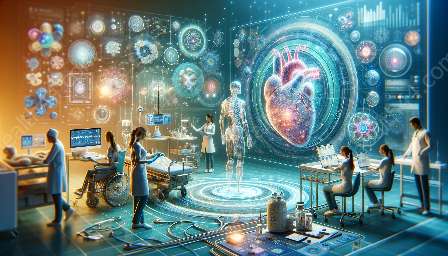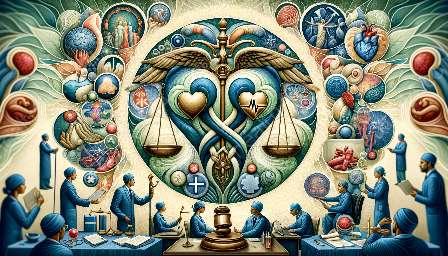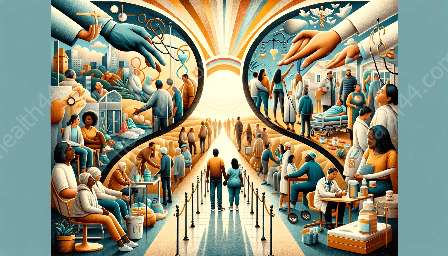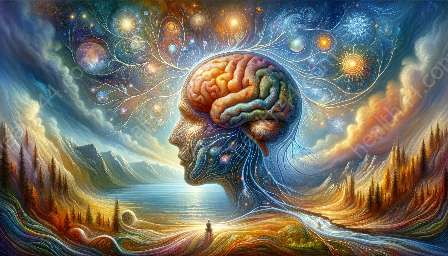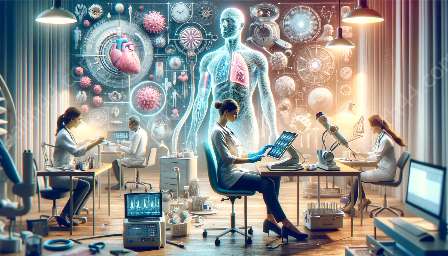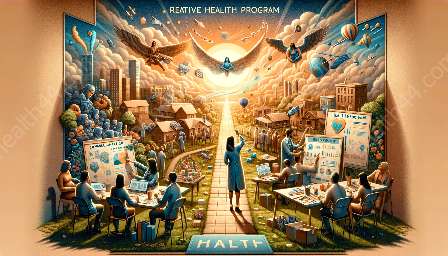In the realm of healthcare, rehabilitation and therapy play a crucial role in helping individuals recover from injuries, illnesses, and surgeries, as well as in maintaining and improving overall health. This comprehensive topic cluster will delve into various aspects of rehabilitation and therapy, covering physical therapy, occupational therapy, speech therapy, cognitive rehabilitation, and more.
Understanding Rehabilitation and Therapy
Rehabilitation is a multidisciplinary approach to restoring physical, mental, and emotional well-being for individuals who have experienced injury, illness, or disability. Therapy, on the other hand, focuses on treatments and interventions aimed at improving different aspects of a person’s life, including physical, cognitive, and emotional functions. Both rehabilitation and therapy are essential components of holistic healthcare, addressing the needs of patients across different age groups and health conditions.
Types of Rehabilitation and Therapy
1. Physical Therapy
Physical therapy involves the use of exercises, manual therapy, and modalities such as ultrasound and electrical stimulation to help individuals restore mobility, reduce pain, and improve overall physical function. Whether recovering from a sports injury, surgery, or a chronic condition, physical therapy aims to enhance the body's natural healing process and optimize movement.
2. Occupational Therapy
Occupational therapy focuses on enabling individuals to engage in meaningful activities and tasks. It helps people with physical, mental, or cognitive challenges to participate in daily activities, such as self-care, work, and leisure, by adapting the environment or teaching new skills.
3. Speech Therapy
Speech therapy, also known as speech-language pathology, addresses communication and swallowing disorders. It involves interventions to improve speech, language, cognitive-communication, voice, fluency, and swallowing functions, benefiting individuals of all ages with speech or swallowing difficulties.
4. Cognitive Rehabilitation
Cognitive rehabilitation targets difficulties with cognitive functions such as memory, attention, problem-solving, and executive functioning. It aims to help individuals with neurological conditions, brain injuries, or conditions affecting cognition to maximize their cognitive abilities and improve independence in daily life.
The Healing Power of Rehabilitation and Therapy
Rehabilitation and therapy are not only about treating specific conditions; they also contribute to the overall well-being and quality of life. By addressing physical, emotional, and cognitive aspects of health, these techniques empower individuals to regain independence, manage chronic conditions, and optimize their functional capabilities.
Integration with Overall Health
Rehabilitation and therapy are integral parts of a comprehensive healthcare approach. They intertwine with various aspects of health, including physical, mental, emotional, and social well-being. By incorporating rehabilitation and therapy into healthcare strategies, individuals can achieve better health outcomes and lead fulfilling lives.
Conclusion
Rehabilitation and therapy are indispensable components of healthcare, offering holistic approaches to healing and health maintenance. From assisting in physical recovery to enhancing cognitive abilities, these techniques have a profound impact on individuals' lives. By exploring the world of rehabilitation and therapy, we gain a deeper understanding of their significance in promoting overall health and well-being.










